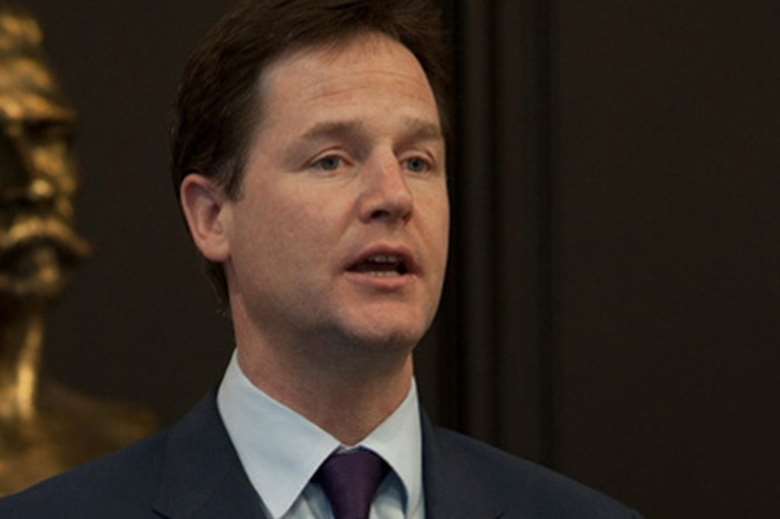Clegg vows to scrap unfair internships
Lauren Higgs
Tuesday, April 5, 2011
Deputy Prime Minister Nick Clegg has promised to put an end the culture of unpaid internships as part of plans to improve the life chances of disadvantaged young people.

Launching the government’s new social mobility strategy, Clegg said the Civil Service would lead by example by expanding its internships programme and scrapping informal placements so that "parents with connections can no longer give their children an advantage".
From 2012, all government departments will advertise their internship schemes on a central website and there will be a transparent recruitment process for all placements. Outreach work will be undertaken to promote internships to under-represented groups.
Clegg urged businesses to follow government’s lead and called on employers to commit to reforming internship schemes by signing up to a new social mobility agreement.
He argued that opening up internships to young people from all backgrounds is in the interests of the country, citing a report by the Sutton Trust which estimates the economic benefits of improving social mobility could be worth £140bn a year by 2050.
"In Britain today, life chances are narrowed for too many by the circumstances of their birth: the home they’re born into, the neighbourhood they grow up in or the jobs their parents do," he said.
"Patterns of inequality are imprinted from one generation to the next. There is no particular age when the cycles of disadvantage can be broken. The opportunity gap has to be addressed at every stage of life, from early years to working age."
Meanwhile, Baroness Warsi outlined the details of the new Whitehall Internship programme.
The programme will consist of three internship schemes for graduates and undergraduates, college students and secondary students who come from under-represented groups, including black, Asian and minority ethnic communities and people from socially disadvantaged backgrounds.
For the first time, 16- to 17-year-old school leavers will be able to apply for up two weeks' work experience in the Civil Service and 13- to 14-year-olds will have access to a day-long programme allowing them to meet senior figures in Whitehall.
A new Social Mobility and Child Poverty Commission will also be established. The commission will report to parliament and monitor progress towards ending child poverty, improving life chances and increasing social mobility.
Legislation will be required to set up the commission. In the meantime, government is to broaden the remit of the current independent reviewer on social mobility, Alan Milburn, to include child poverty.





